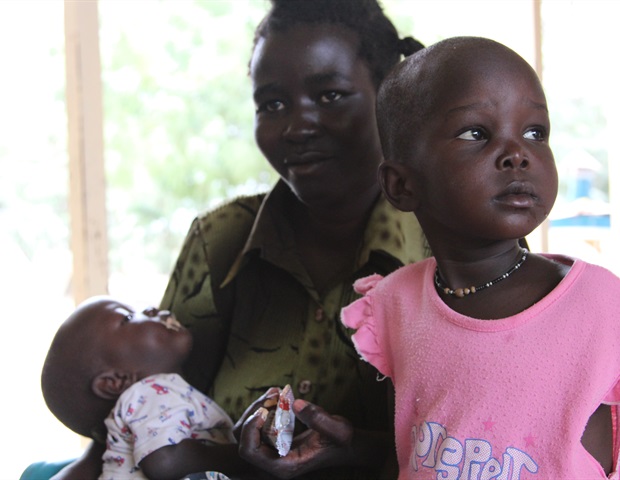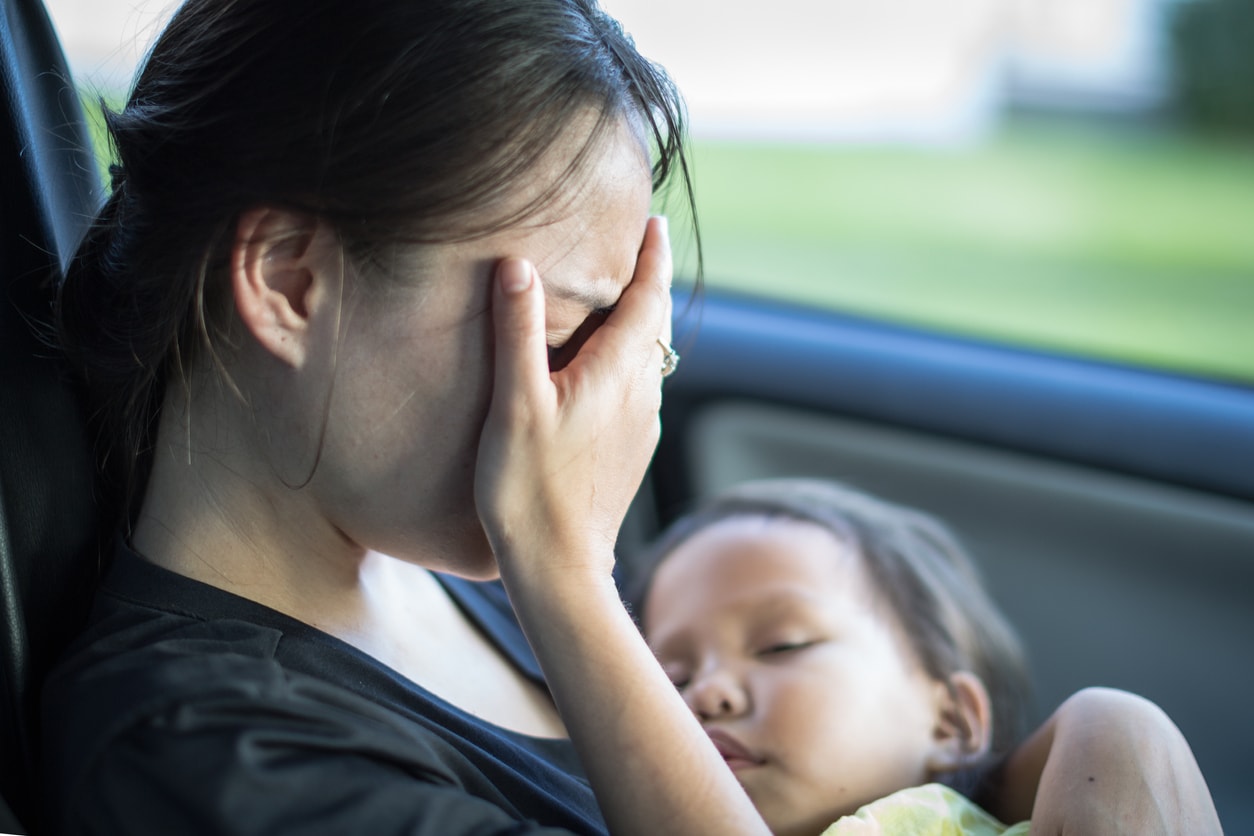A growing number of Australian women are taking the non-traditional path to motherhood. Deciding to have children on their own through private sperm donation has become increasingly common over the past 10 years.
Precise national figures are not available, but in Victoria alone, data reveals that the number of single women giving birth via donor is up 15 per cent in the past seven years, but that doesn’t include private donor babies.
Unlike anonymous sperm donations in fertility clinics, private sperm donors are known to the prospective mother to some degree, and the insemination process takes place using a home kit, rather than in a clinical setting.
Often, women connect with prospective donors via social media groups. They can arrange to meet up, and if they’re both happy to move forward with it, they go on to make agreements about each other’s responsibilities and rights in the pregnancy and beyond.
The potential risks of private sperm donation
In comparison to going through a clinic, in which there is rigorous sperm testing and formalised agreements between the parties, there are additional health and legal risks for those who use private donors.
Parties form their own private agreements, usually that the donor will have no rights over the child or any financial obligations, but these can be disputed in court at any stage.
The risks to the mother include her mental health, due to the absence of counselling that is made mandatory in a clinical setting. There are also risks to the child since the donor has not undergone extensive health and genetic screening.
The psychological implications to the donor child
Some donor-conceived individuals have difficulties with their identity and want to find out who their other biological parent is, whether they have siblings, or to learn more about their family history.
The problem with unregulated sperm donation is that information about the donor could be lost over time, and the child therefore may never know anything about their donor parent.
The other concern is that donors can exceed the legal limit on how many children they create, meaning that a donor child could have dozens of siblings or more.
Making an informed decision
Sperm Donation Australia is the Facebook group that helps connect women with sperm donors. In the eight years it’s been running, there have been no court cases and those who run it don’t believe private donation poses excessive risks. The success of the group is all down to its transparency in each person’s expectations and wants.
If you are considering going down this path to becoming a mum, inform your decision by talking to donor children, women who have given birth to donor babies, and connect with donors to ask questions, to get a feel for the process and understand the pros and cons.
Women choose to have children alone for various reasons, including being gay, not enjoying the dating scene or having time to meet a new partner, and not wanting to risk fertility struggles if they leave it any longer. It means that they can have a baby when they feel ready and without the need for a partner.
For any questions or concerns about donor conception, head to Donor Conceived Australia for more information.

 PARENTING TIPS
PARENTING TIPS PREGNANCY
PREGNANCY BABY CARE
BABY CARE TODDLERS
TODDLERS TEENS
TEENS HEALTH CARE
HEALTH CARE ACTIVITIES & CRAFTS
ACTIVITIES & CRAFTS


